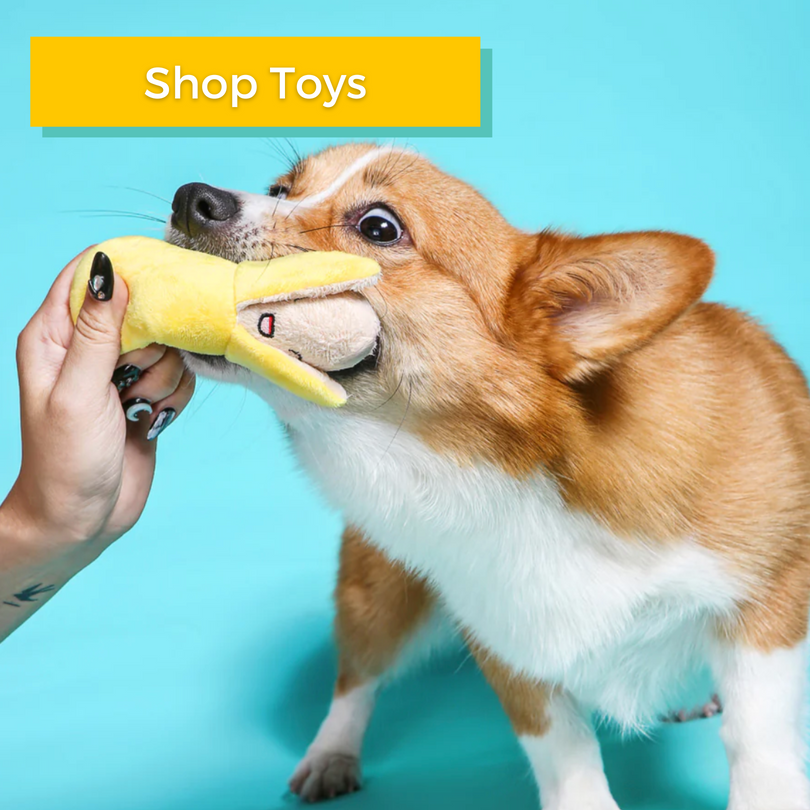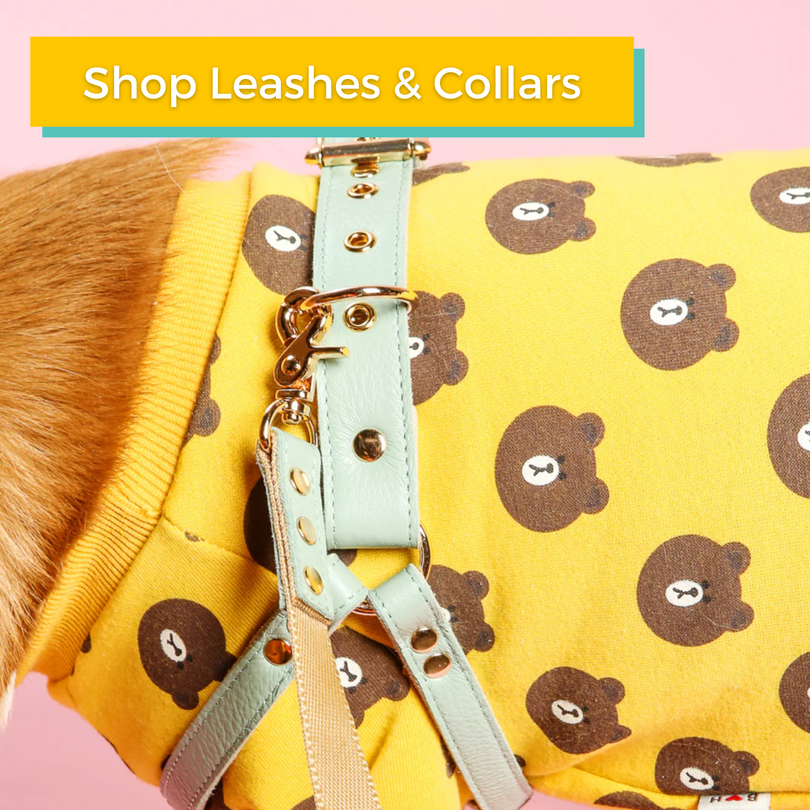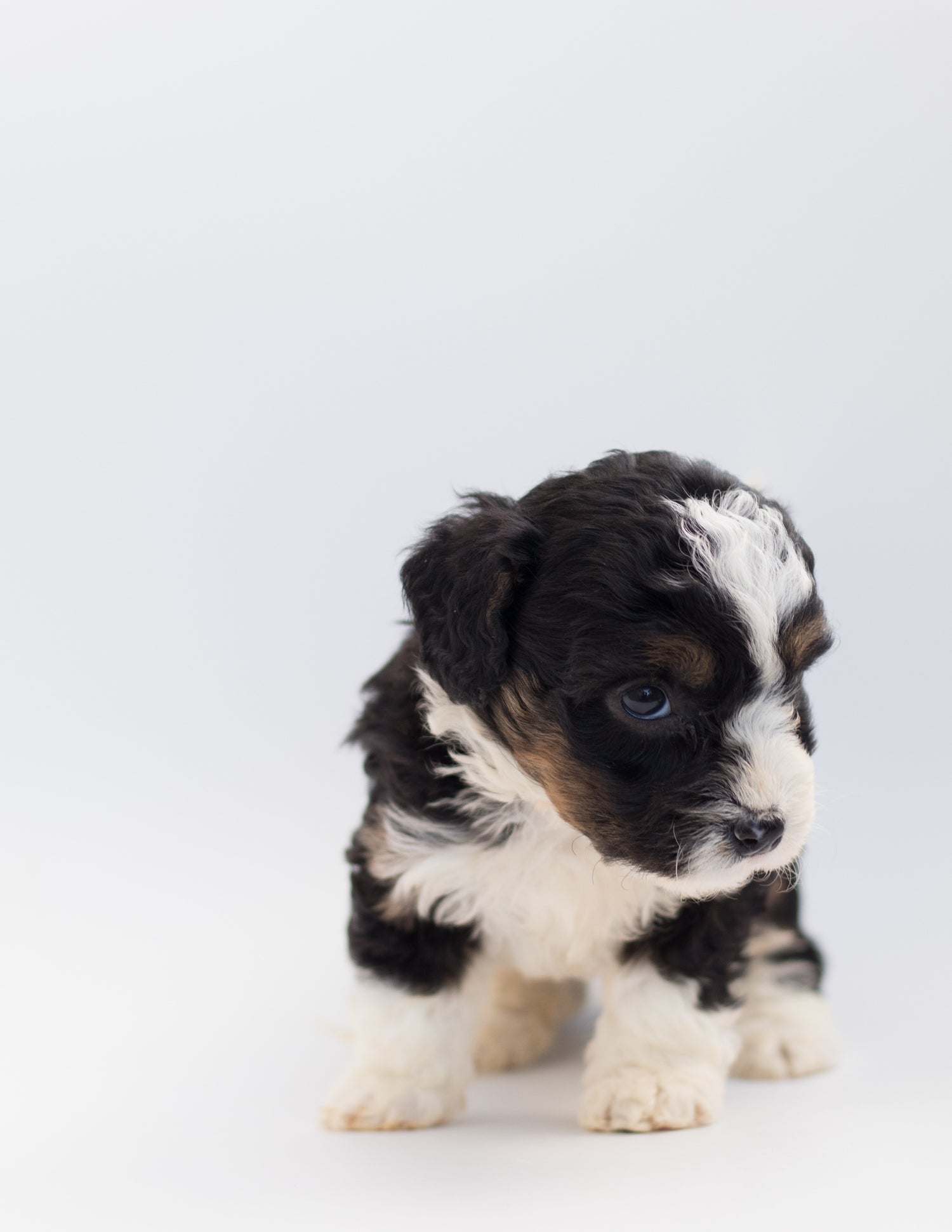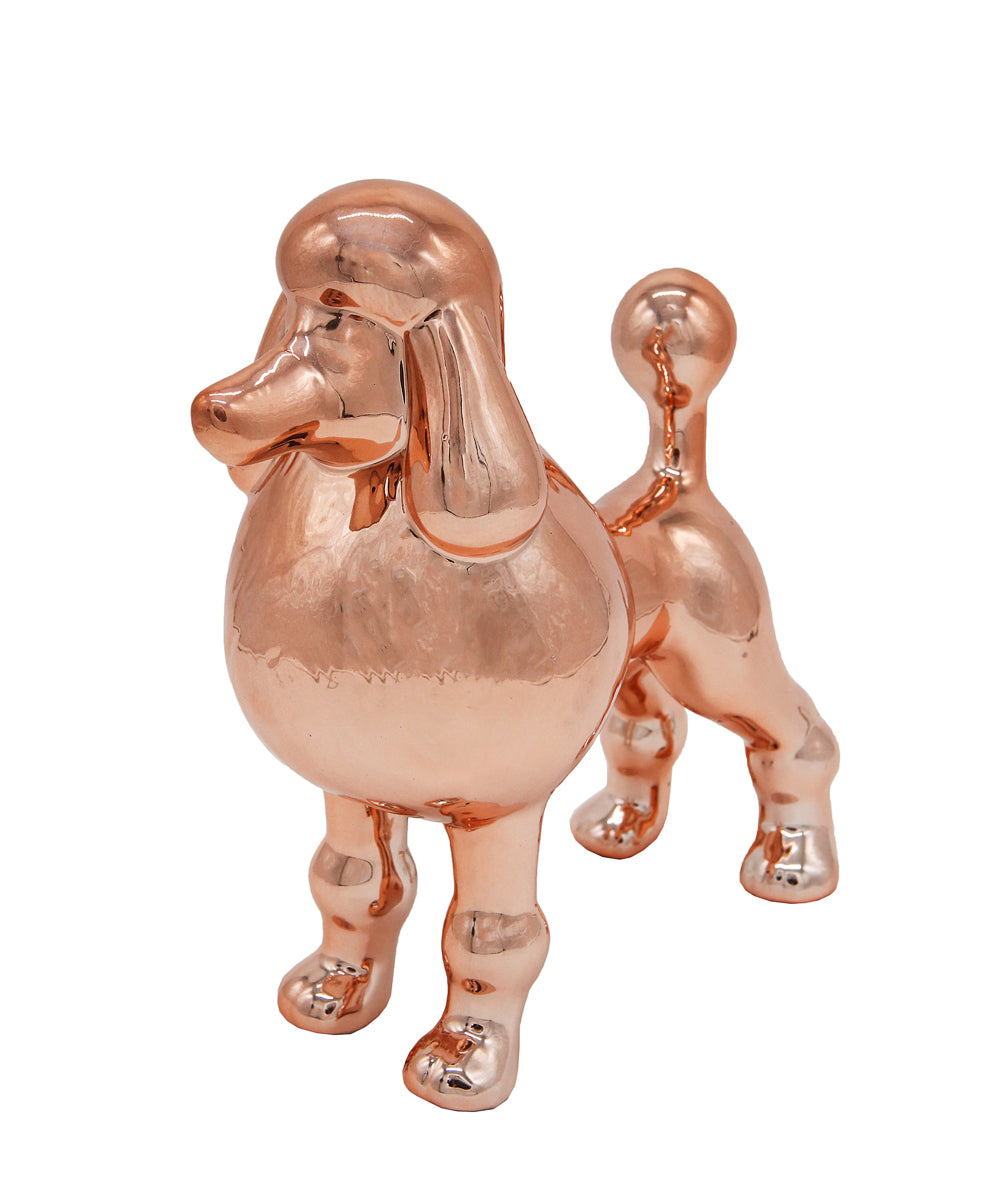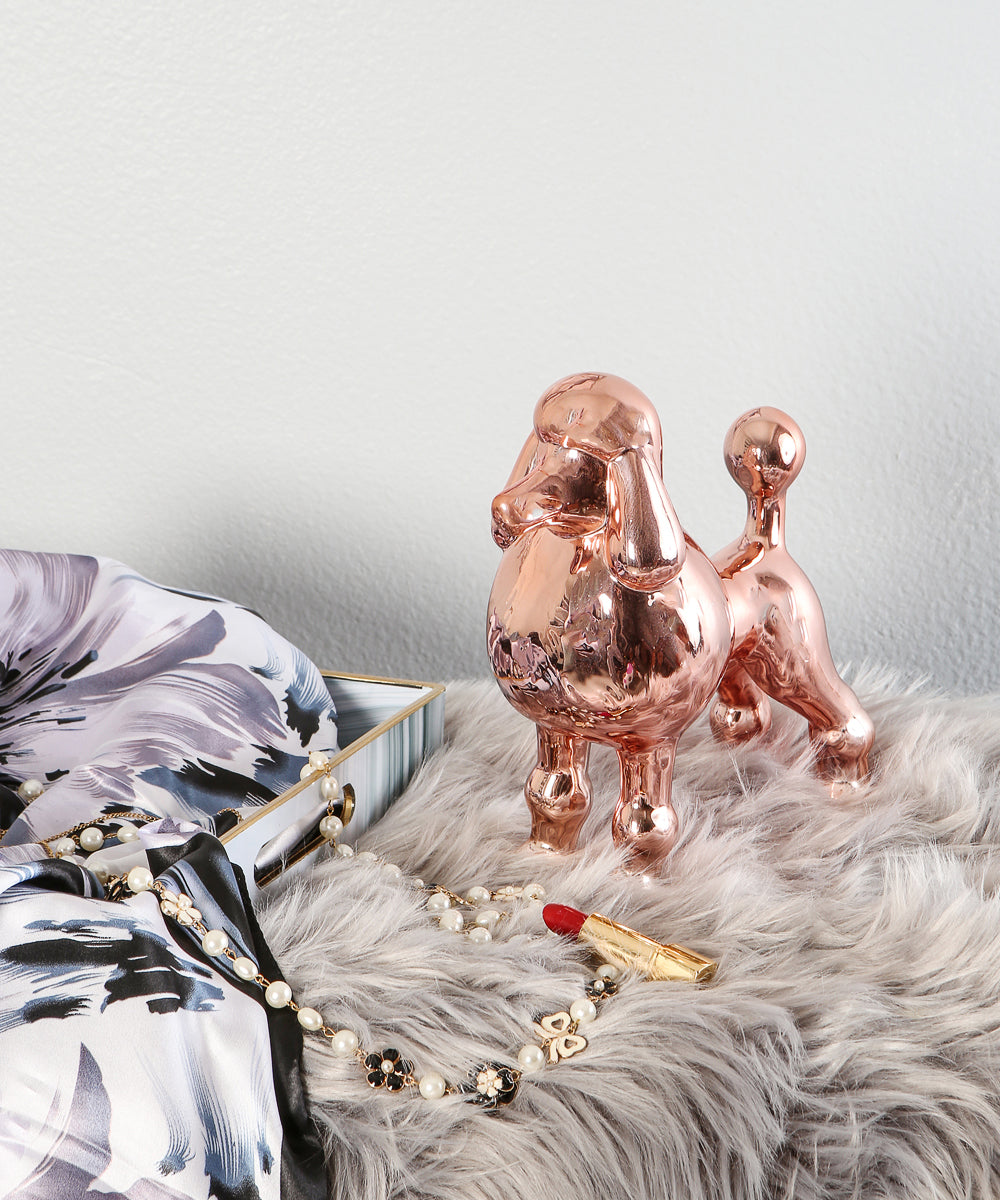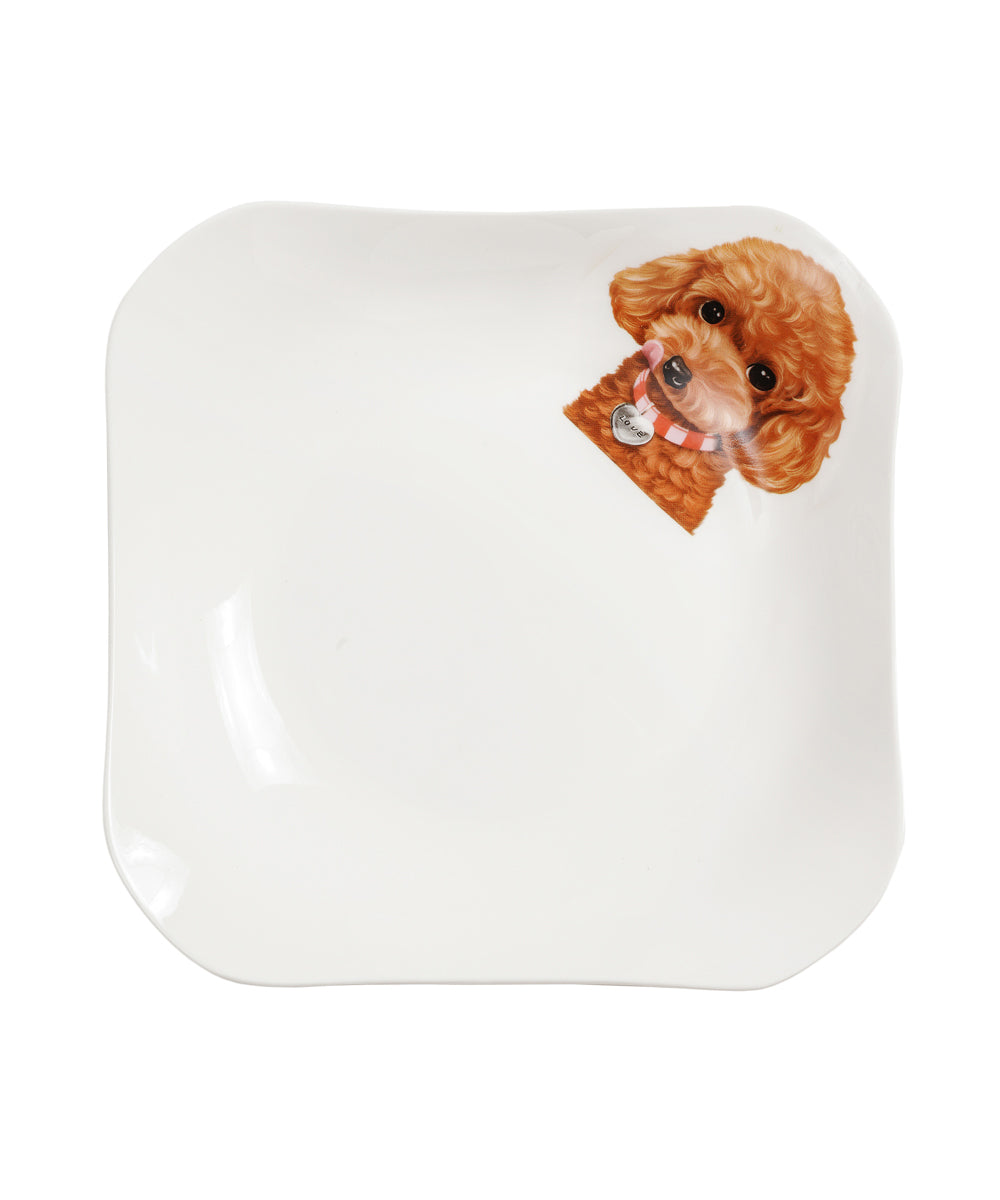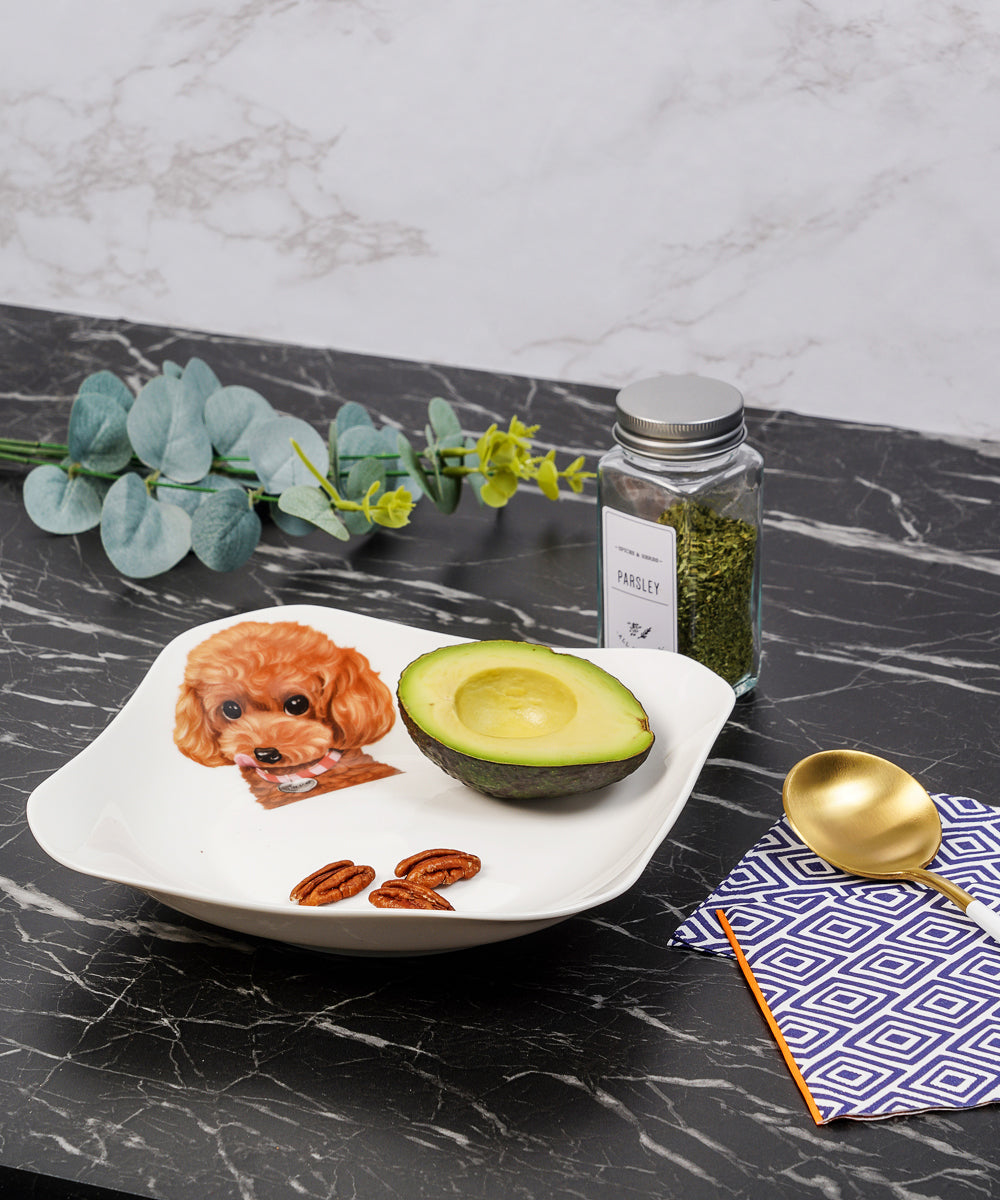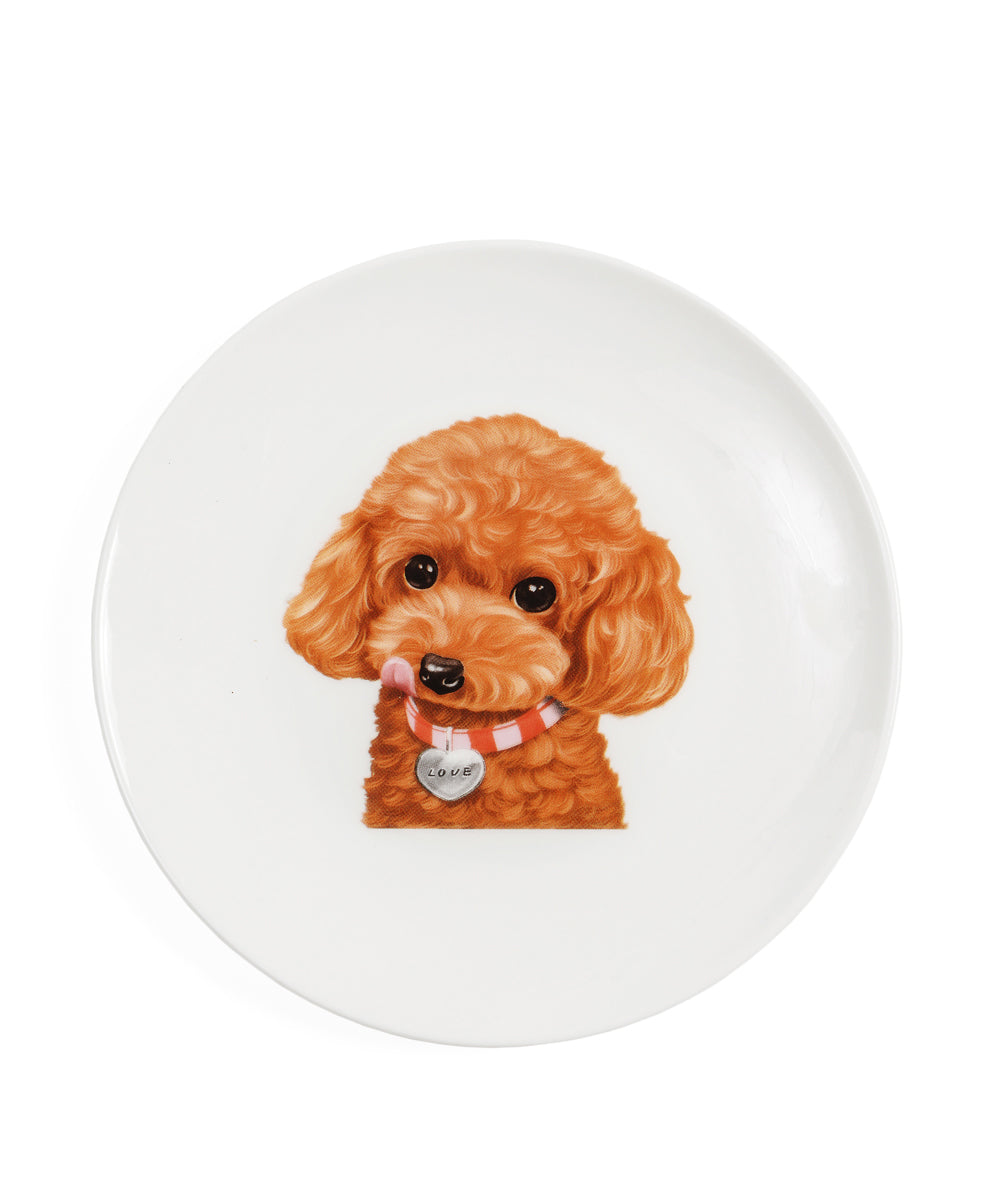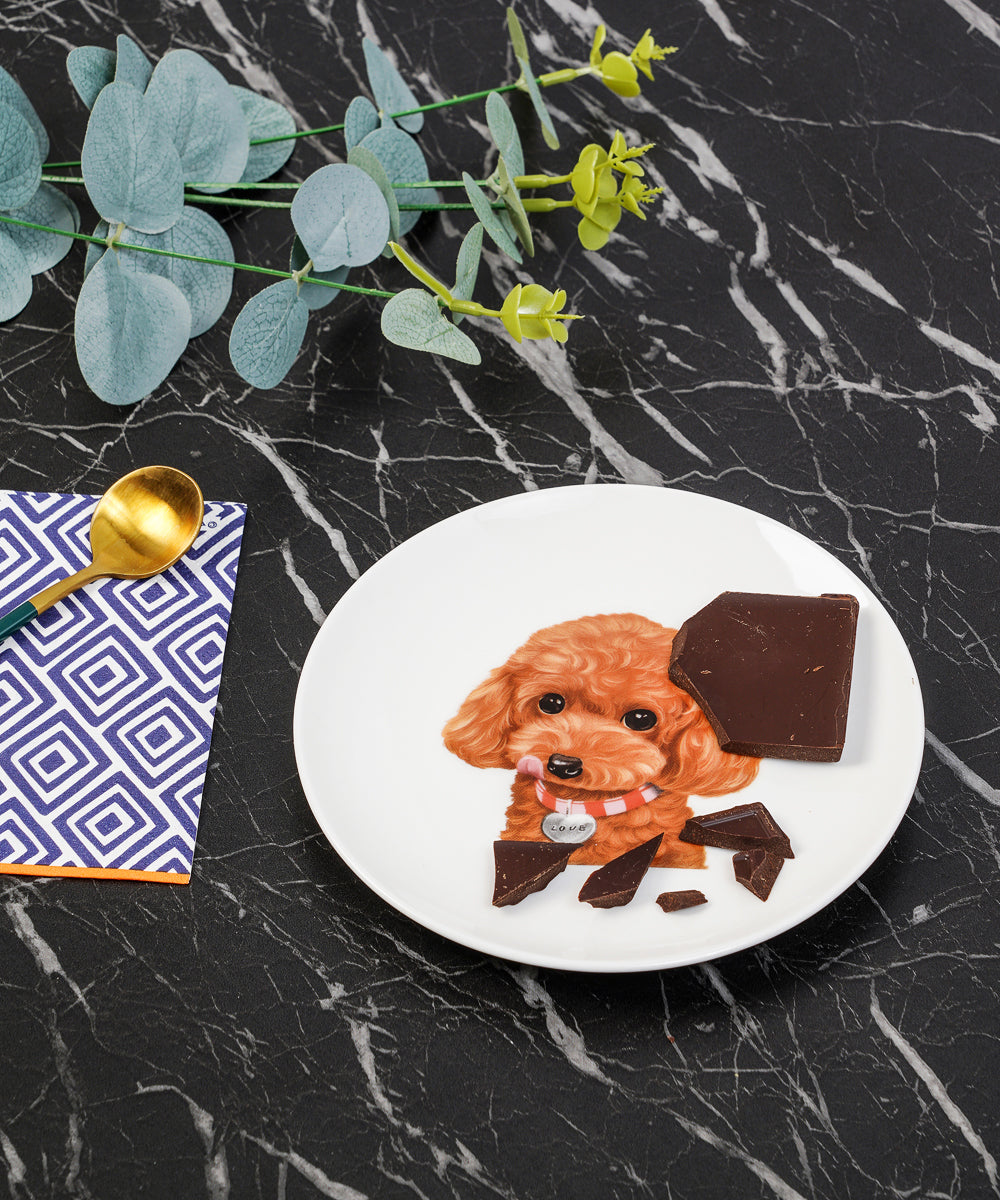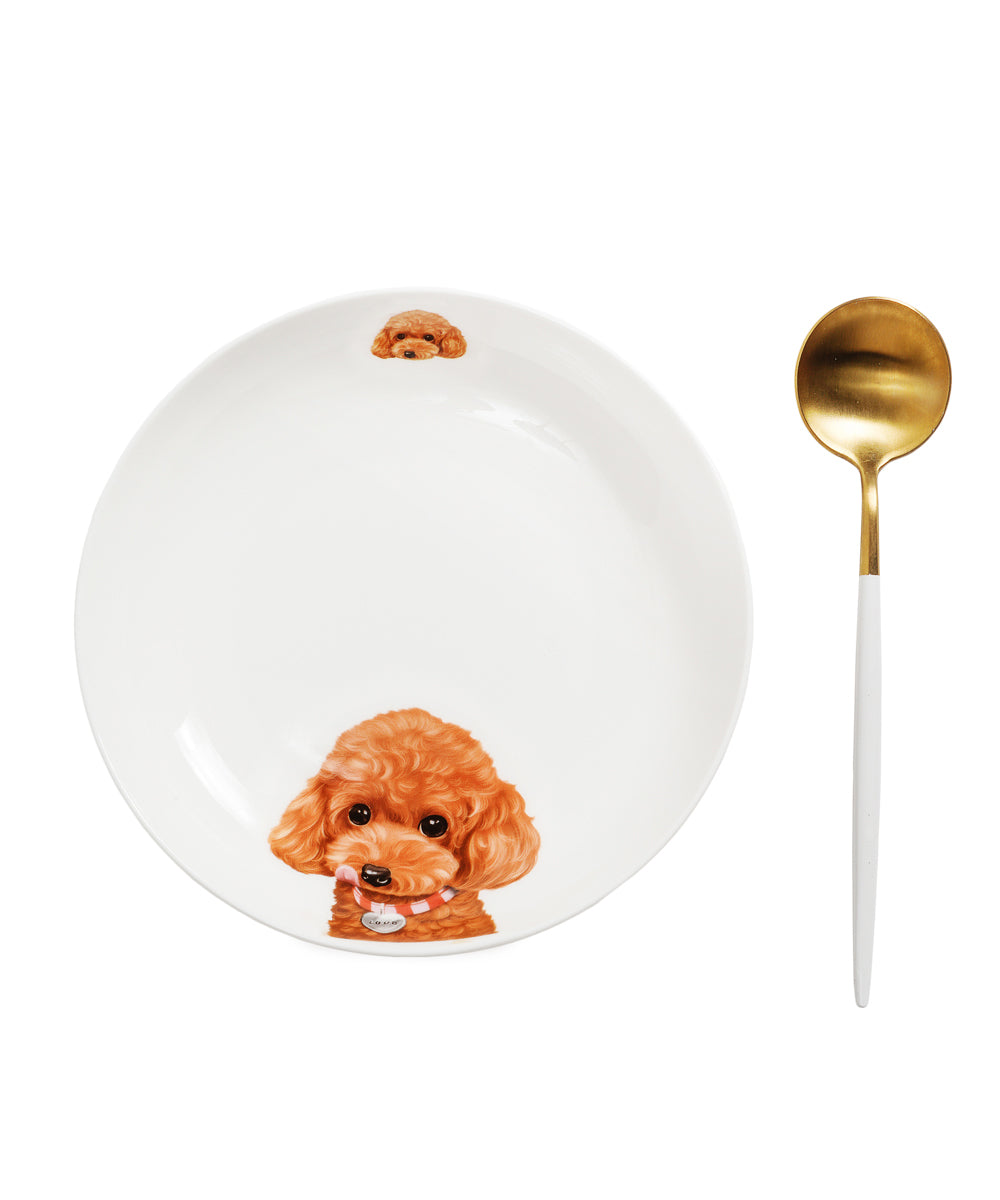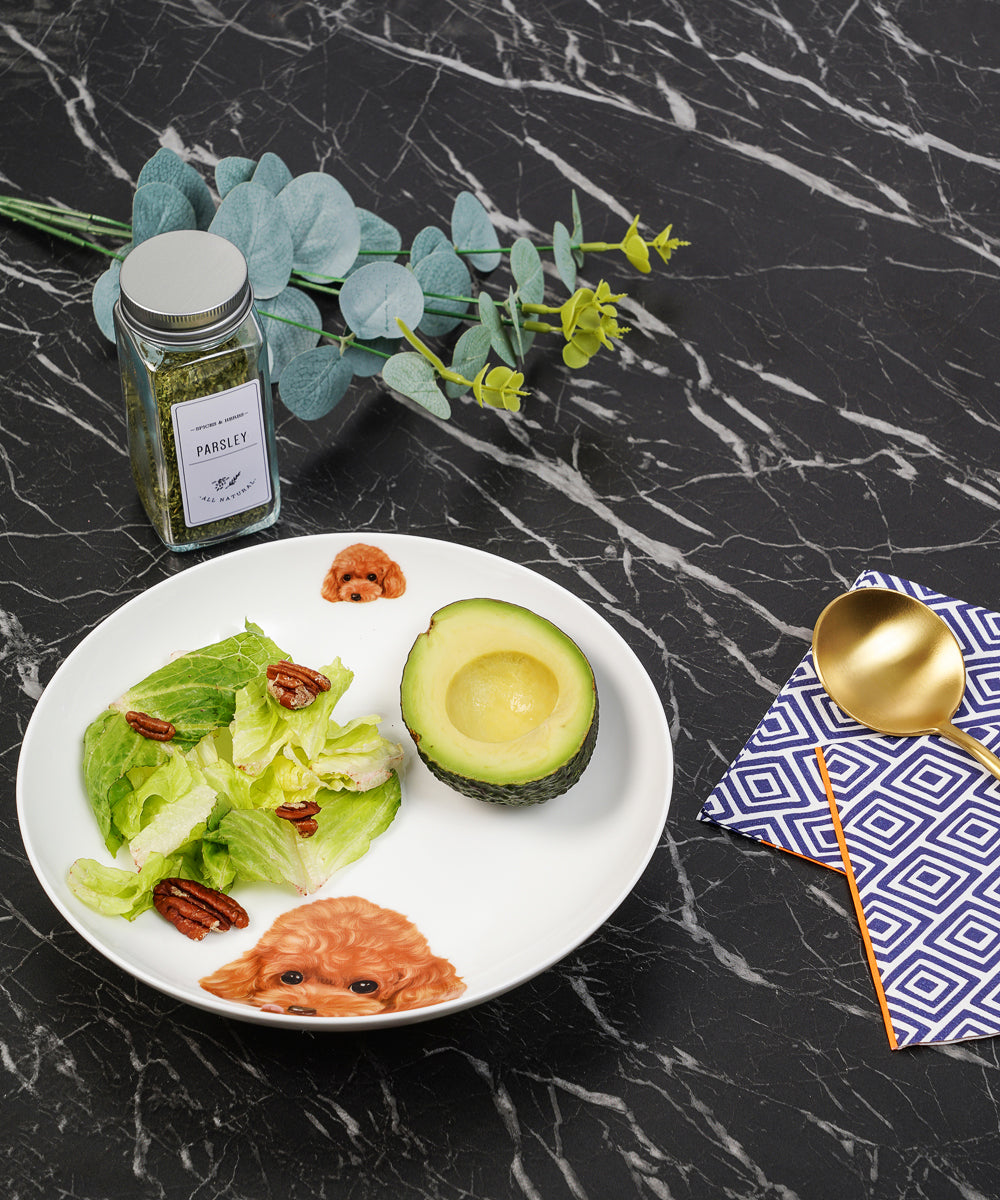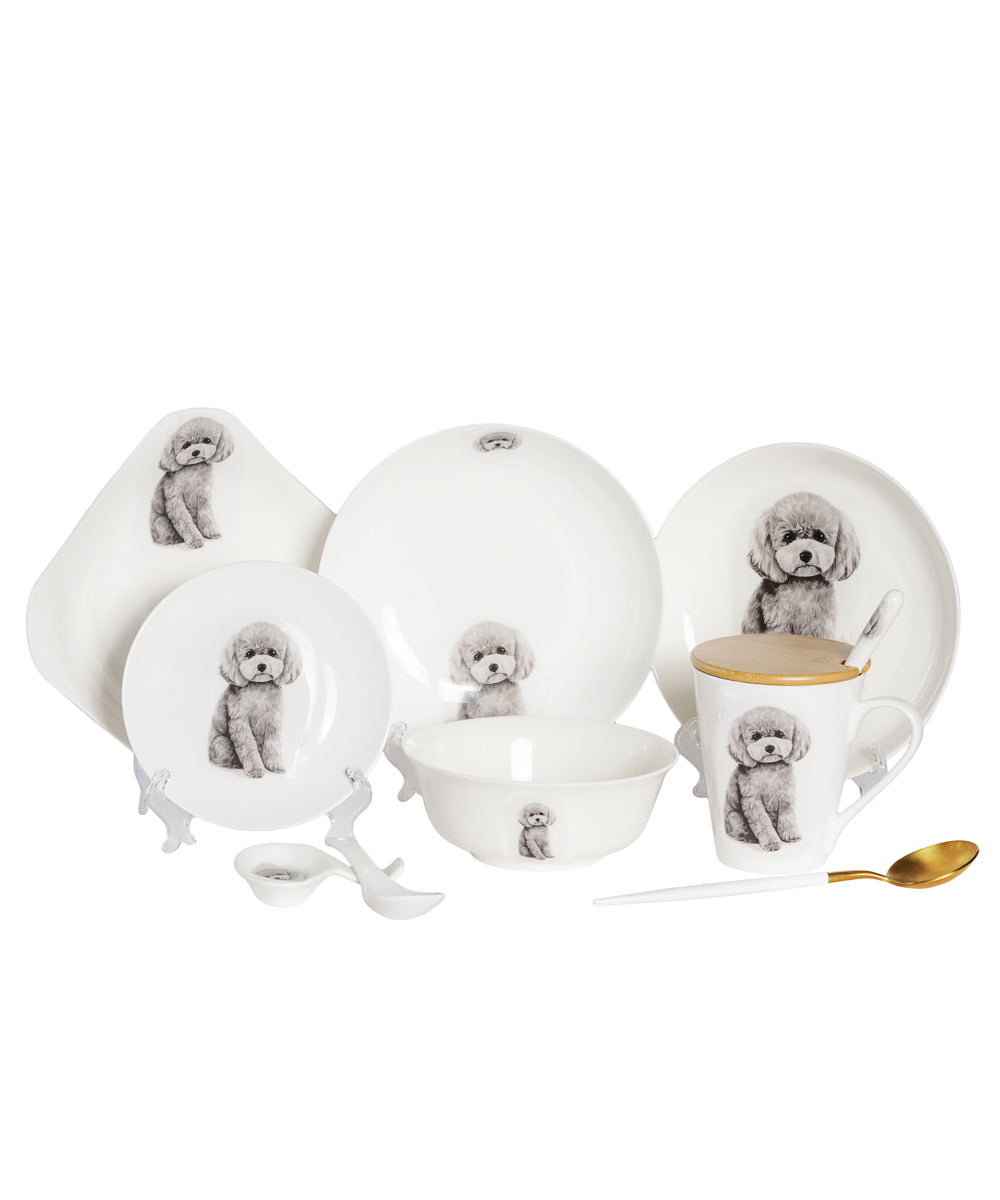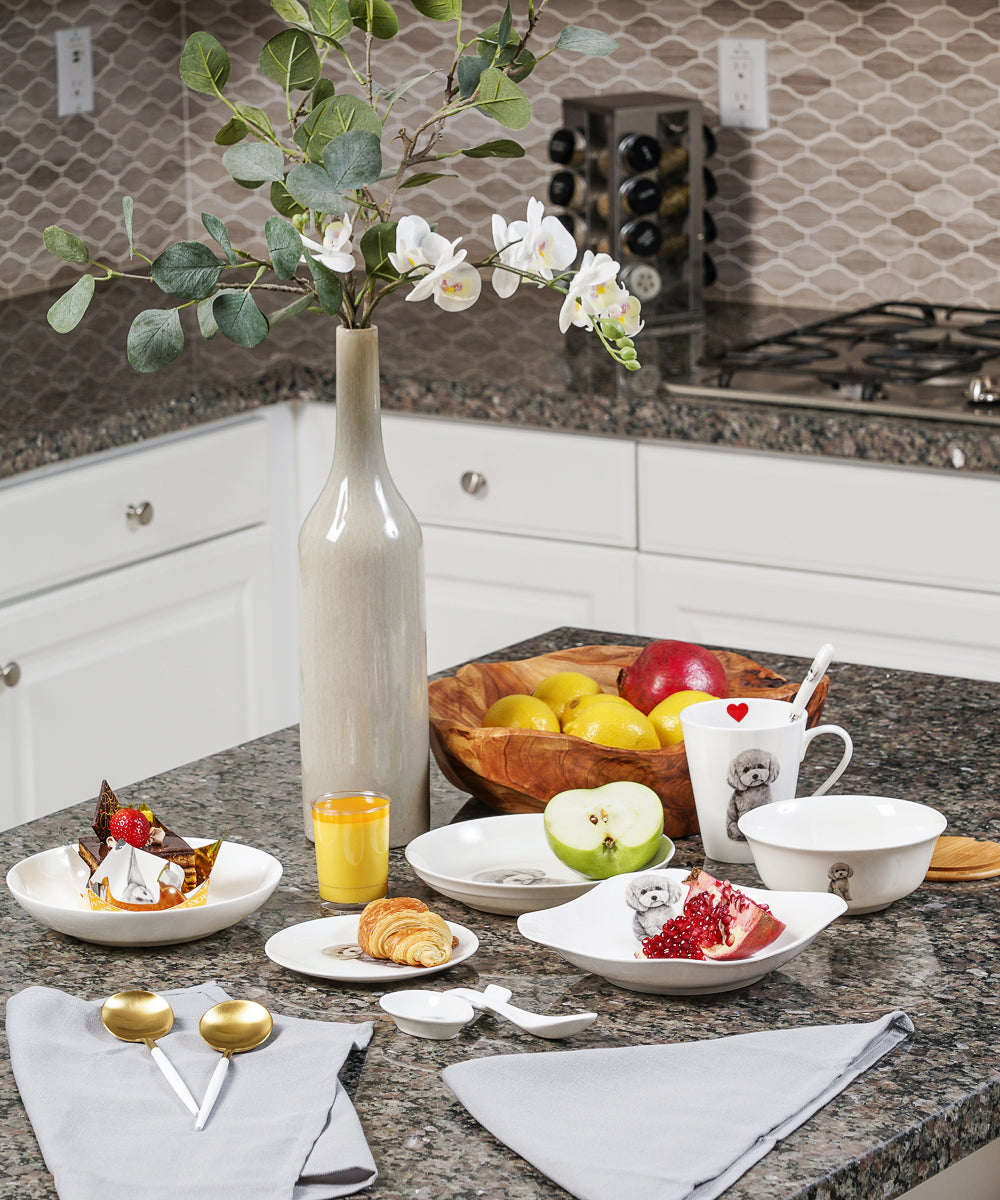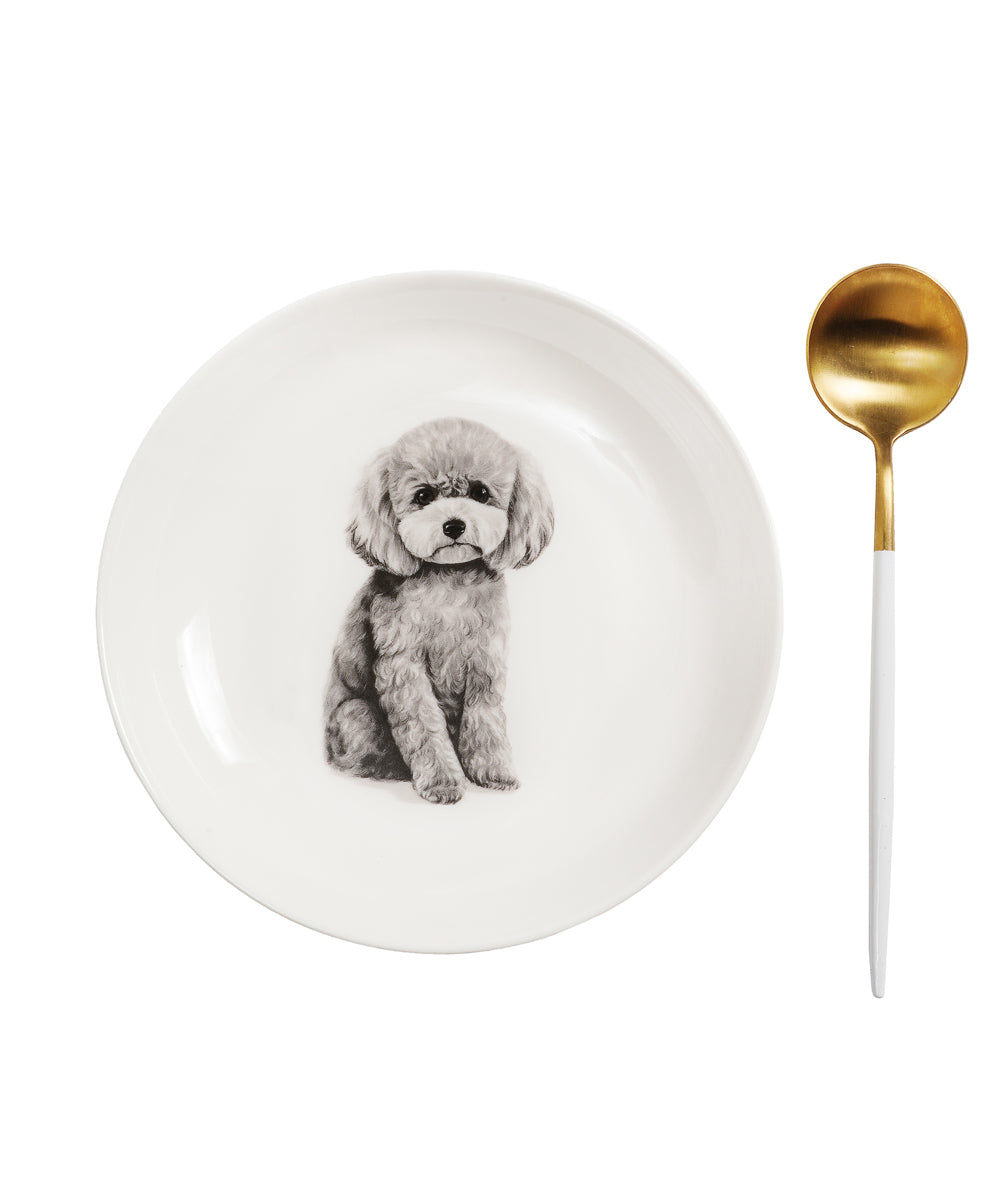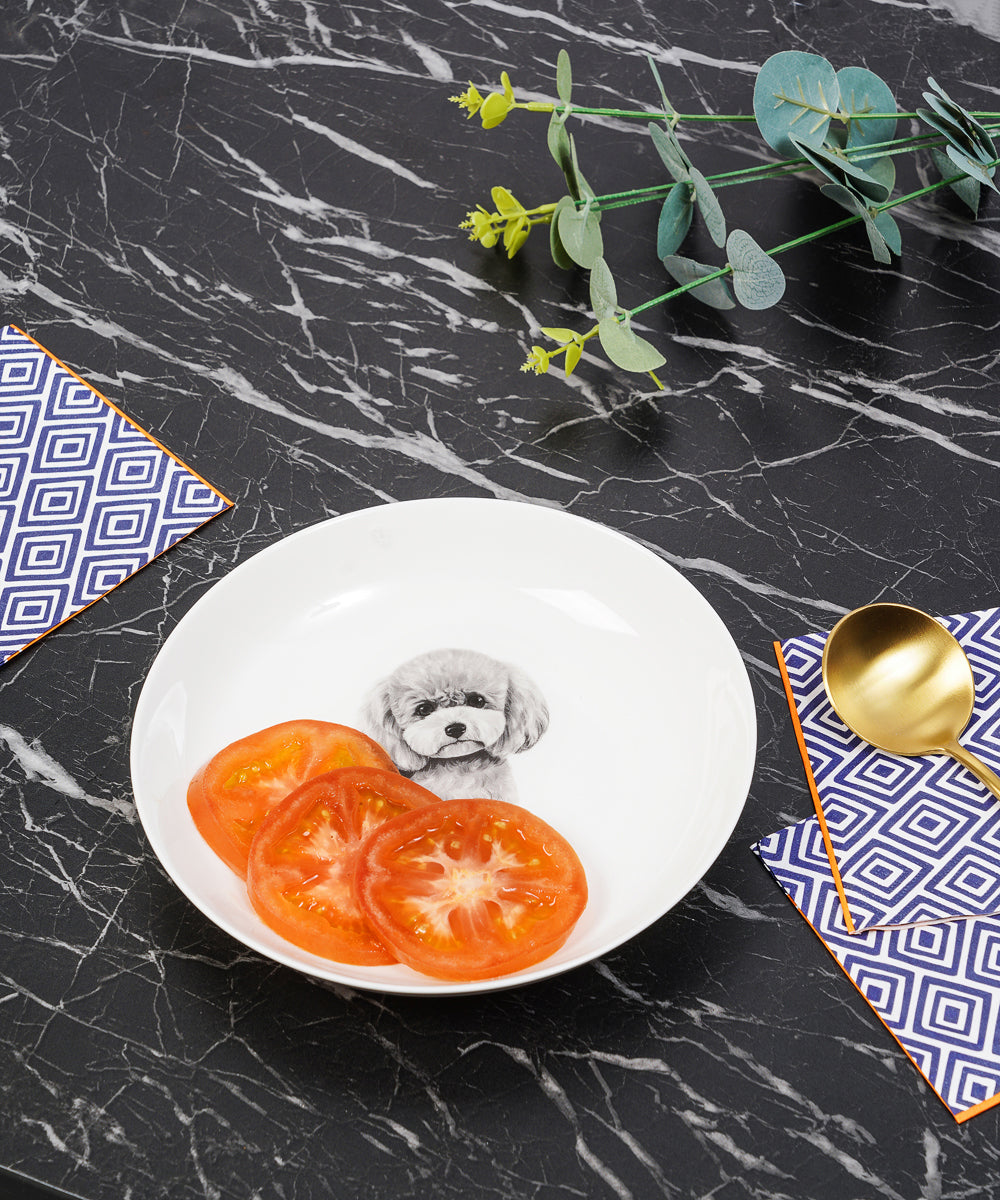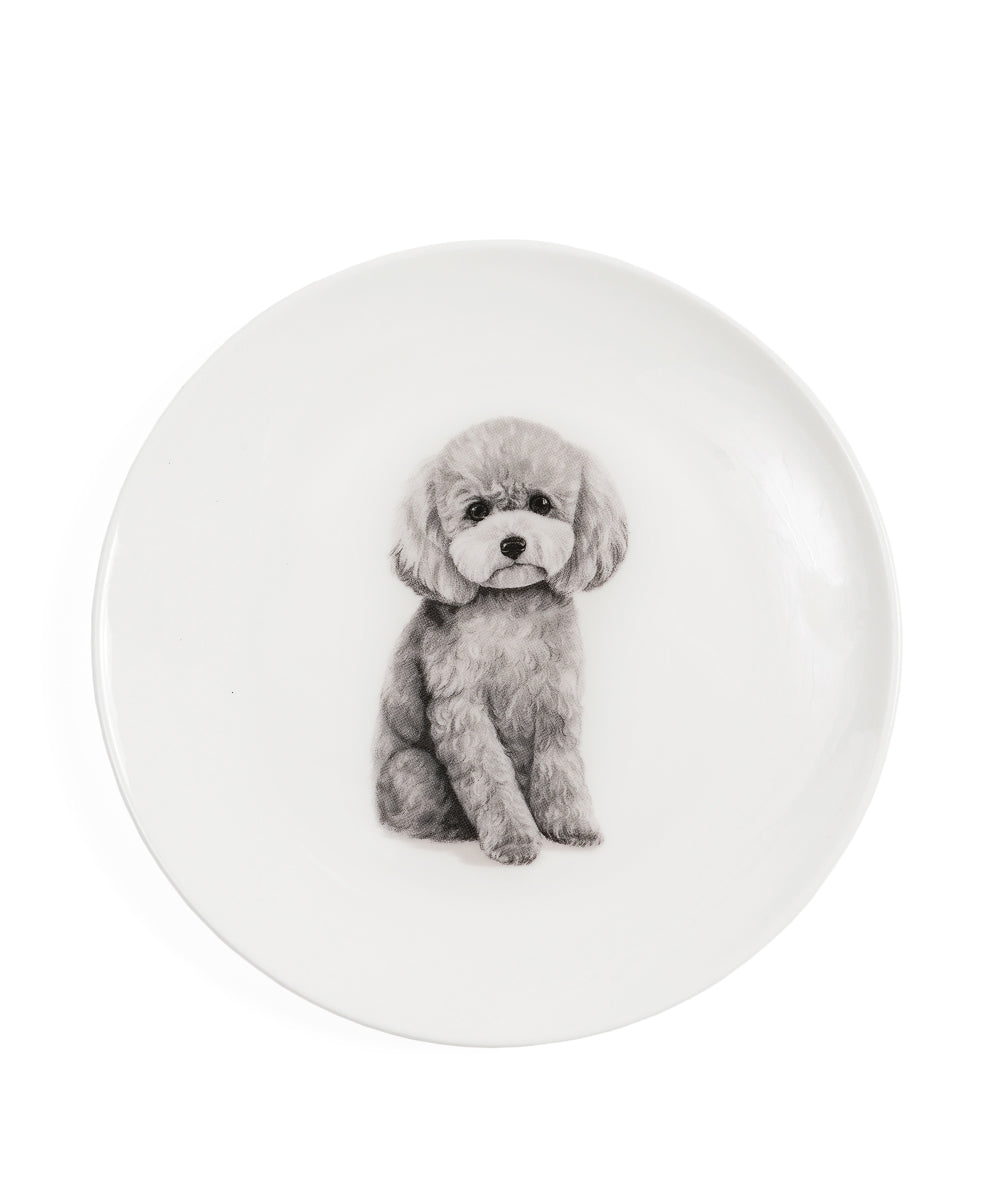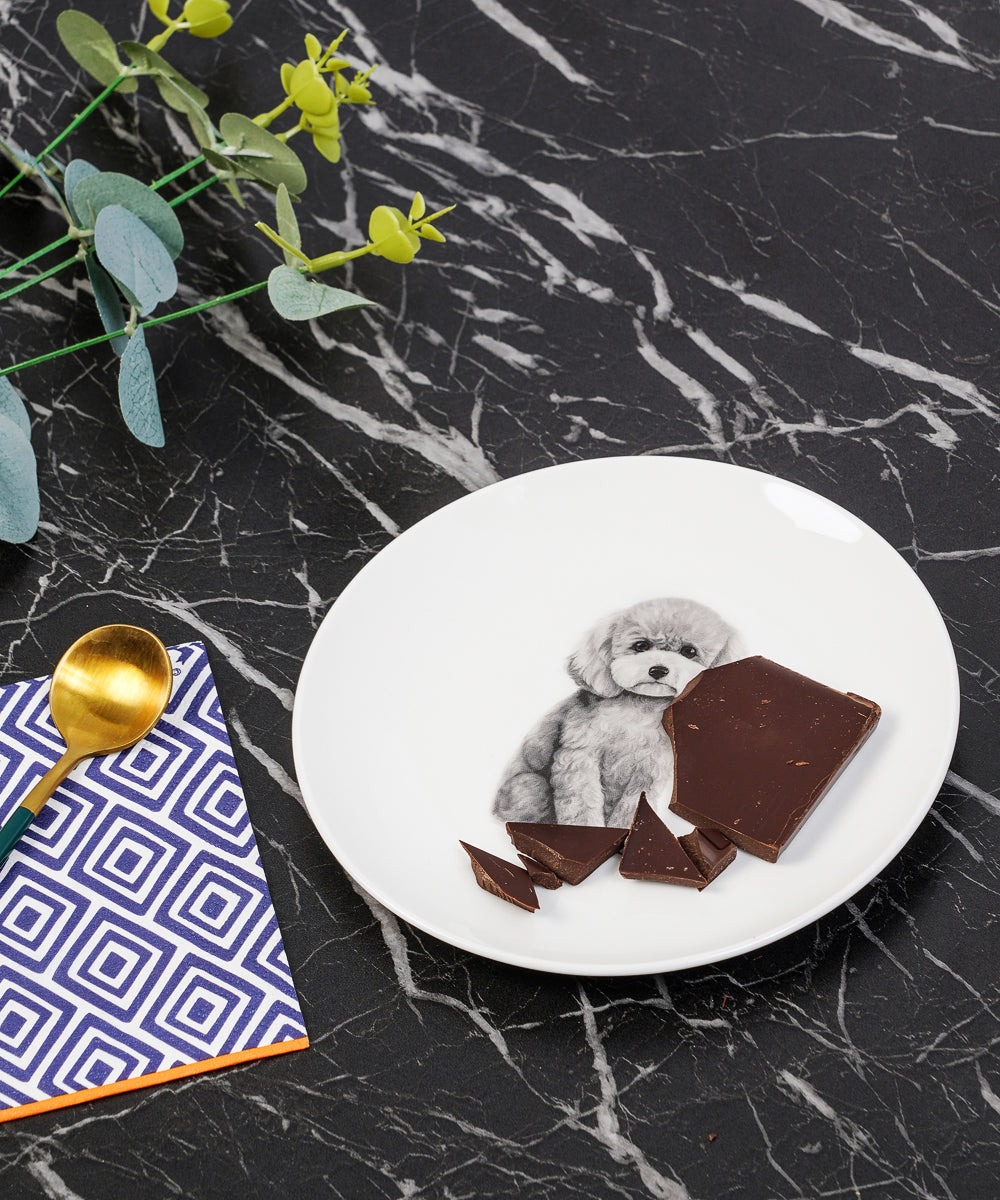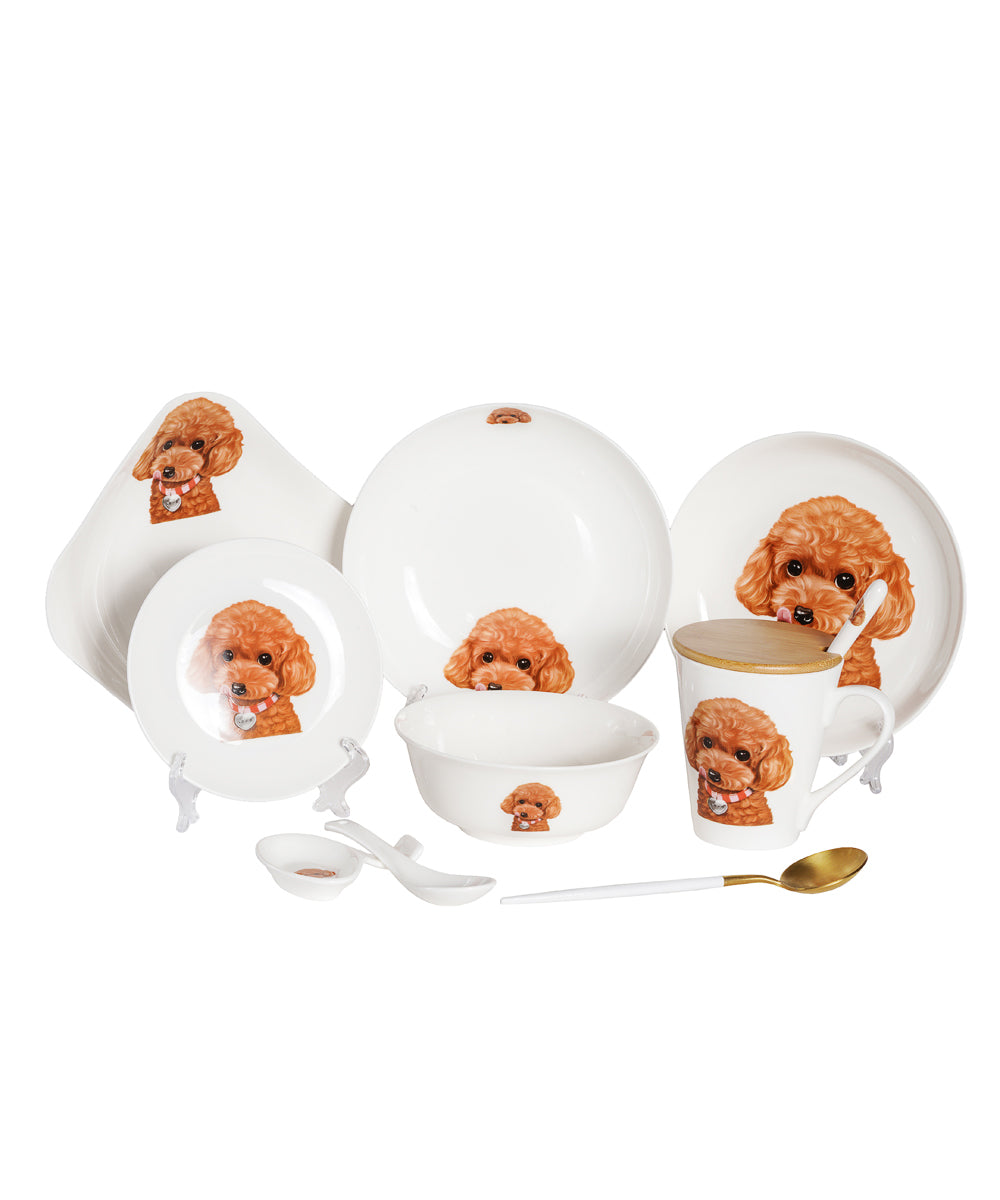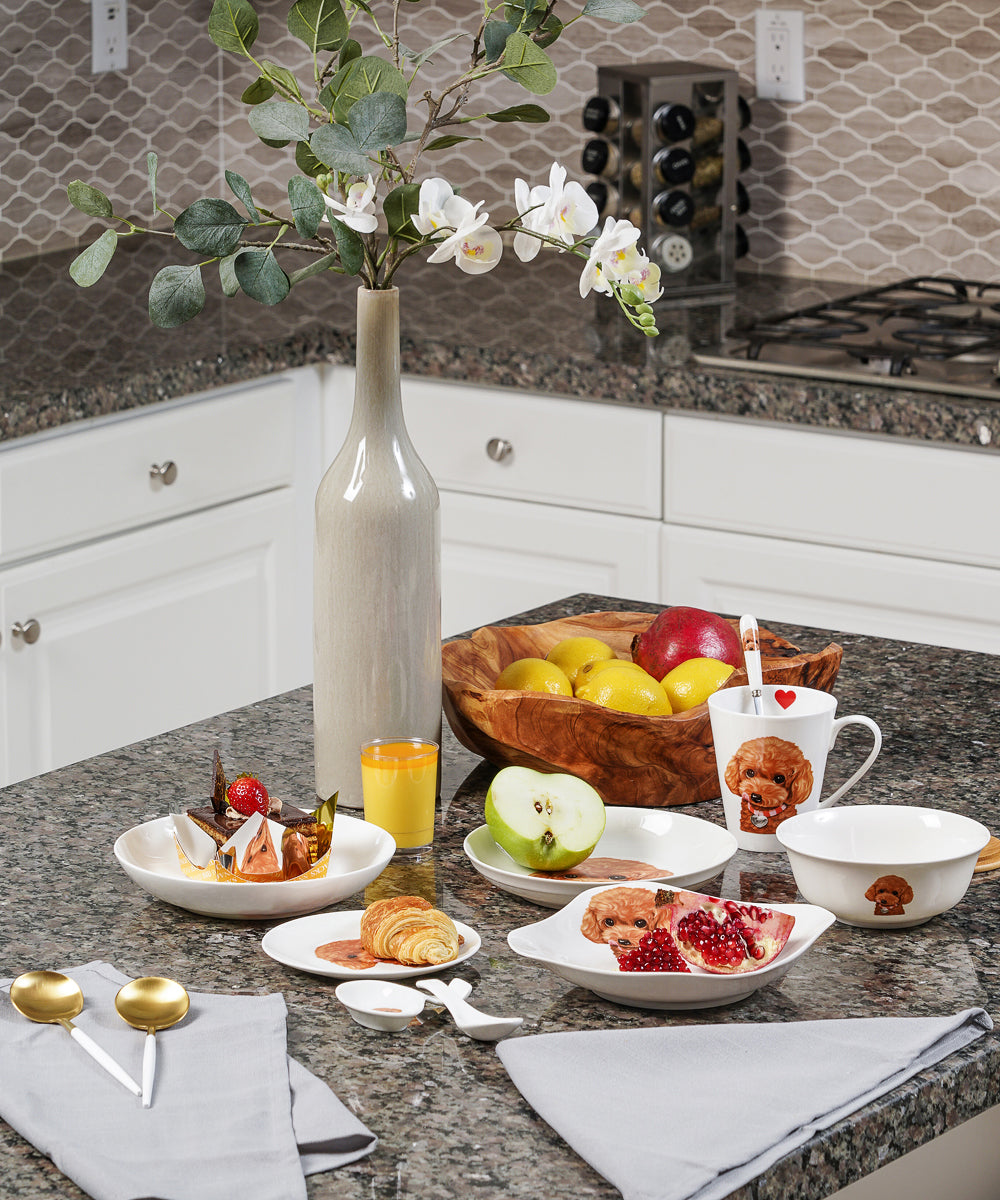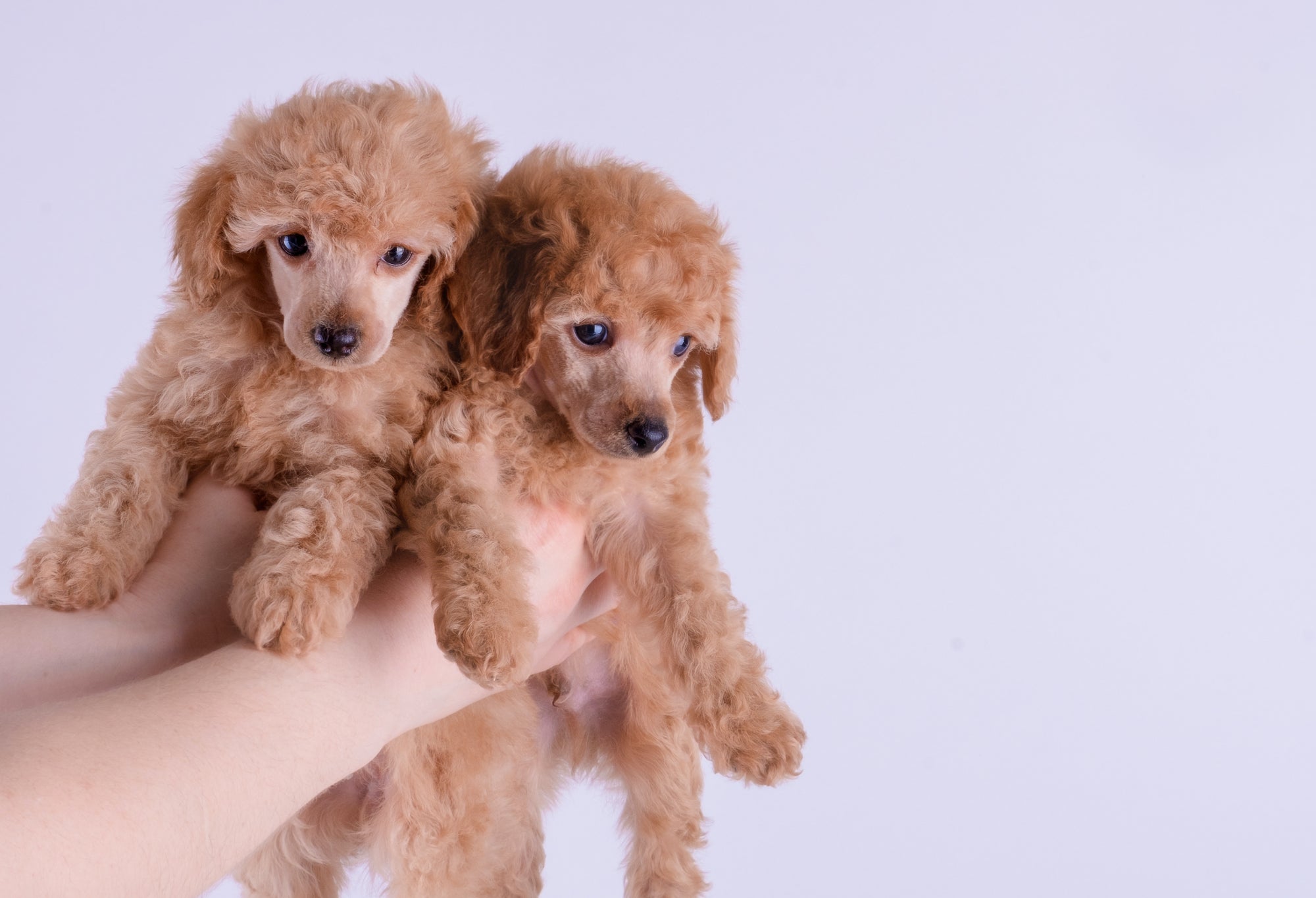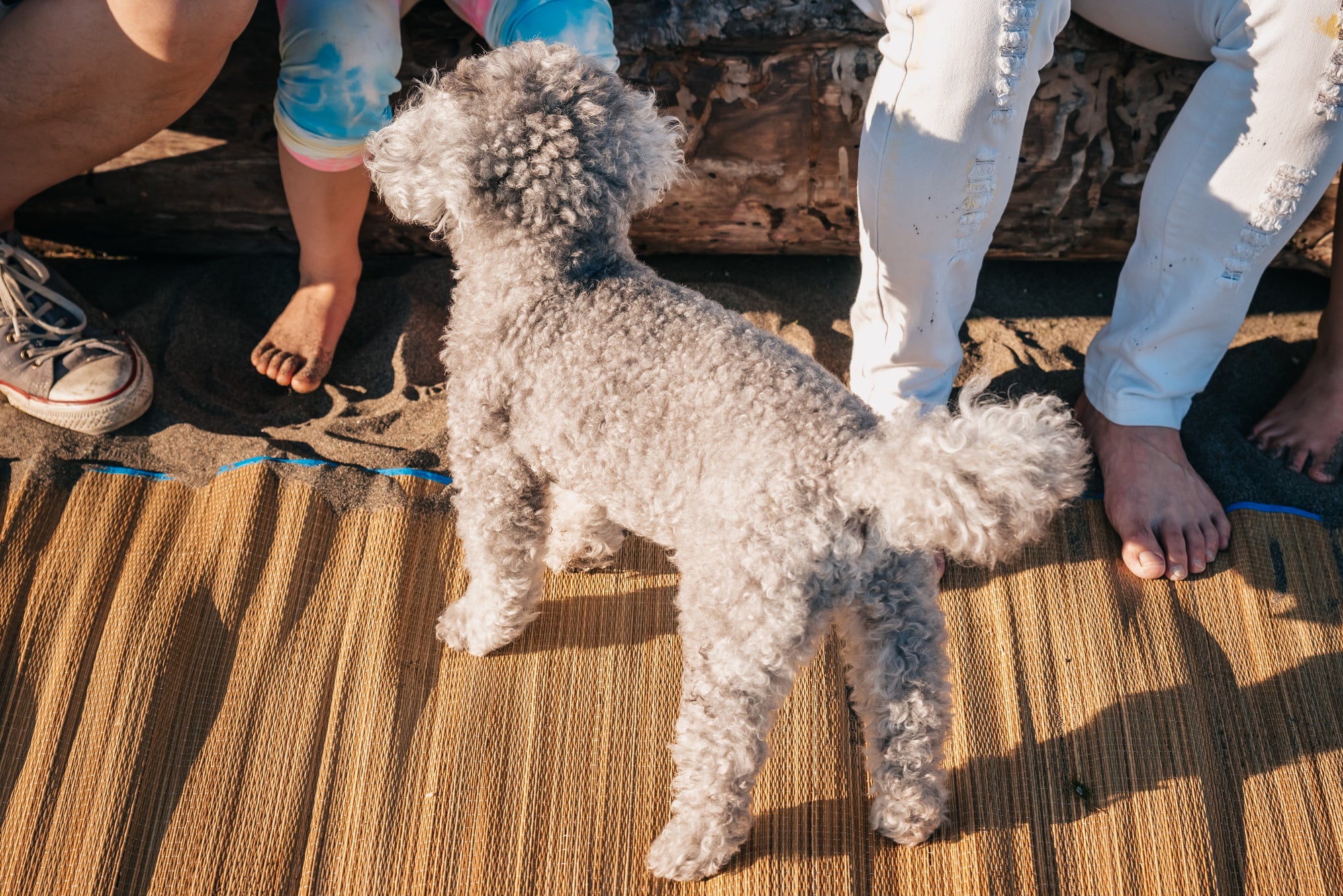Miniature Poodles are so cute and smart--let's learn more about the history of this breed!
Poodles are associated with French culture, but the breed actually originated in Germany, where they were know as duck-hunting companions for hunters. The standard poodle was bred to fetch dead ducks in the water and "return" them to the hunters. Even generations ago, poodle-lovers were impressed by the breed's intelligence, strong legs, knack for swimming, and curly coats. Over time, poodles evolved in various ways: ones shaved in a 'poufy' way became associated with European elegance and style, and poodles were even trained as European circus dogs who accompanied clowns!
Today, the Standard and Miniature varieties are classified as a non-sporting dog and are eligible for AKC Retriever and Spaniel Hunting Tests. According to the American Kennel Club (AKC), the Standard was bred down to the Miniature, and the Toy poodle was first bred in America in the early 20th century. Well-bred specimens of each variety are exact replicas of each other; all bred to the same standard.

Although they do need to be groomed often, Miniature Poodles are generally hypoallergenic—so if a “hooman” in your home is allergic to dogs, consider adopting a Miniature Poodle that won’t make their eyes all watery.
Family-friendly—although a little anxious and finicky at times—miniature poodles have athletic bodies thanks to their hunting history.
“Miniature poodles are known to be very smart and playful little creatures,” says veterinarian and social media pet expert Dr. Tori Given Jones. “Because they are so smart, this is definitely a breed that should be mentally stimulated often.”
Dr. Given Jones highly recommends teaching mini poodles new tricks regularly and giving them puzzle toys to satisfy them mentally. Also—pay attention to your poodle’s teeth! Here’s why: According to Dr. Given Jones, “these smaller breeds are known to acquire dental disease quickly, so always pay close attention to their dental health and consider learning how to brush their teeth at home.”

Of note: mini poodles are also prone to developing an orthopedic condition called luxating patella, warns Dr. Given Jones, “which is when the patella aka the ‘kneecap’ moves out of its regular position. If severe, this condition can cause pain and lameness, potentially requiring surgery.”
Overall, when it comes to their care, gentle, daily walks with your mini poodle are great; brisk and quick is best so they don’t tire easily. They’ll also like some play sessions around your yard or home; so invest in some safe mini toys (that won’t harm their delicate teeth and jaws) for entertainment and stimulation.





